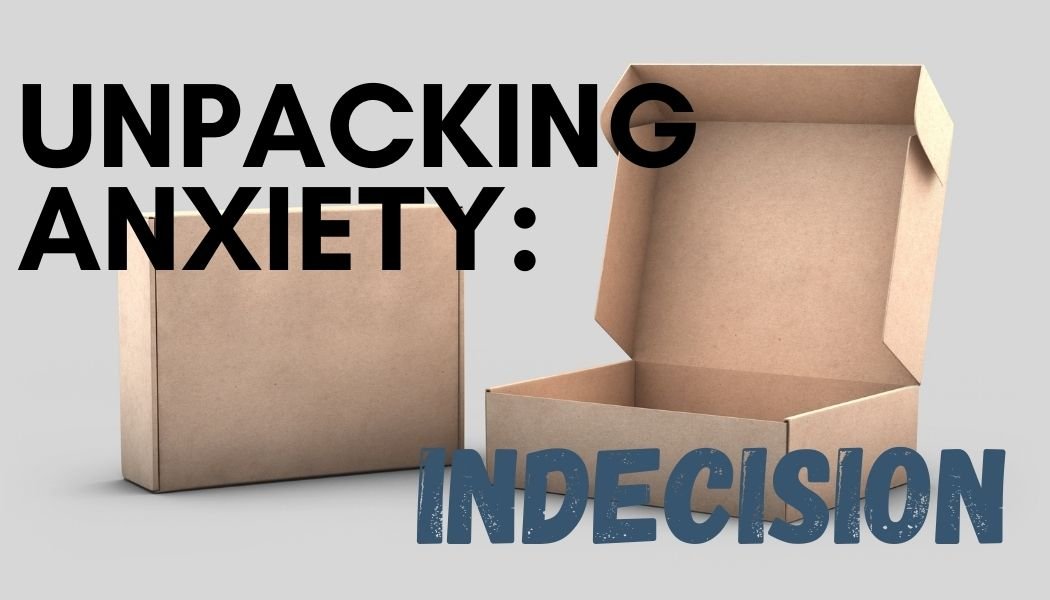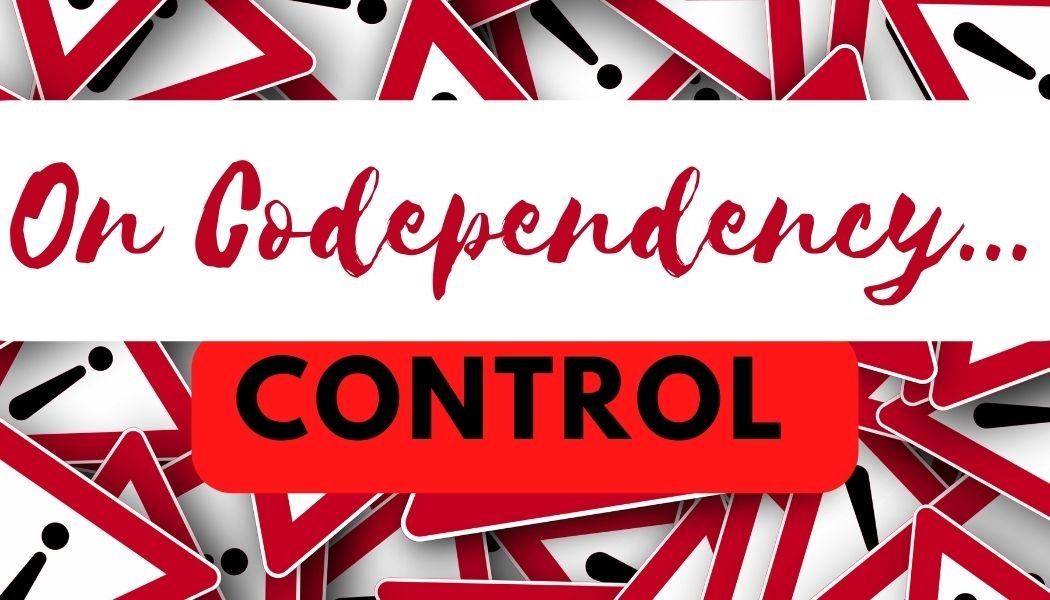Blog
Learn more about topics that we discuss in the therapy setting. These resources are available to help anyone looking for support, education, encouragement to to explore next steps in their therapy or mental health journey.
Finding a Therapist for your Child or Teen
Taking the next step to finding the right professional help to support your child can be an overwhelming endeavor. Today we will discuss three things to consider when selecting a therapist to partner with your family in working with your child or teen.
Depression and Relationships
The connection between depression and relationships is an important one. So let’s unpack 2 questions: How is depression impacted by relationships? And How does depression impact relationships?
Managing Depression: Back to the basics
Learn why eating, sleeping, and movement may be the keys to managing the onset of depression and moving you towards a healthier mental space.
Depression and Pessimism- The same or different?
Are pessimism and depression connected? Read more to explore pessimism and depression and understand the connections and differences.
Resource Review: Polyvagal Theory
The basic premise of the research on polyvagal theory focuses on the concept of the vagus nerve, which connects to the safety circuits of the brain and travels into the body through several different major body systems. Learn about the significance of this nervous system connection as it impacts the physical concerns that occur in high correlation with trauma and anxiety disorders
Depression and Concentration: Why can’t I think straight?
id you know depression can actually impact and impart cognitive function and one’s ability to think clearly, process information, remember facts, and more?
Depression and Eating: Too much or too little
Did you know that changes in eating patterns frequently happen with depression. Learn more about the how and why of depression related eating changes and what you can do about it.
Depression and Sleep: too much or too little
Many people with depression note that they are unable to sleep, experience insomnia, or are unable to stay asleep as a part of their depression experience. There is also a more limited number of depression sufferers that report oversleeping or the desire to sleep all the time as a symptom of their depression experience. This can be confusing, but there is an explanation.
Unpacking Anxiety: Brain Fog
The exact connection between brain fog and anxiety is a bit challenging to define, but there are multiple aspects of the anxiety experience that may contribute to the occurrence of brain fog.
Resource review: Hardwired Happiness
Learn more about a science based approach to increasing happiness and positive feelings based on how your brain is wired to respond to experience.
Unpacking Anxiety: Avoidance
Avoidance connected with anxiety responses can take on many forms. While it may reduce distress in the short term, avoidant responses, over time, can make matters worse.
Unpacking Anxiety: Perfectionism
Perfectionism is not always associated with high achievement or success. Perfectionism can be an attribute of anxiety that can impede function, create barriers to success, and steal joy from the person experiencing it.
Unpacking Anxiety: Fatigue
So can your fatigue be a part of your anxiety experience? Learn more about how anxiety may be impacting your energy levels and what you can do to help.
Unpacking Anxiety: Insomnia
Sleep. It is necessary for life, and yet, for so many people, a quality night’s sleep seems so incredibly hard to attain. Read more to understand insomnia as an aspect of anxiety.
Unpacking Anxiety: People-pleasing
People-pleasing can be an aspect of a compassionate, and kind personality trait, but, when not combined with boundaries, value for self, or fueled by anxious energy, it can actually be quite uncomfortable and harmful.
Unpacking Anxiety: Indecision
The patterns of indecision can take on many forms. But understanding indecision as a function of anxiety can help us know how to move forward.
On Codependency: All in the family
Learn more about patterns of codependency and how they play out in families and relationships .
On Codependency: Avoidance
Learn more about avoidant behaviors and how it fits into the patterns of codependency.
On Codependency: Control
Learn more about control and how it fits into the patterns of codependency.
On Codependency: Compliance
Learn more about compliance as a learned survival response and how it fits into the patterns of codependency.




















